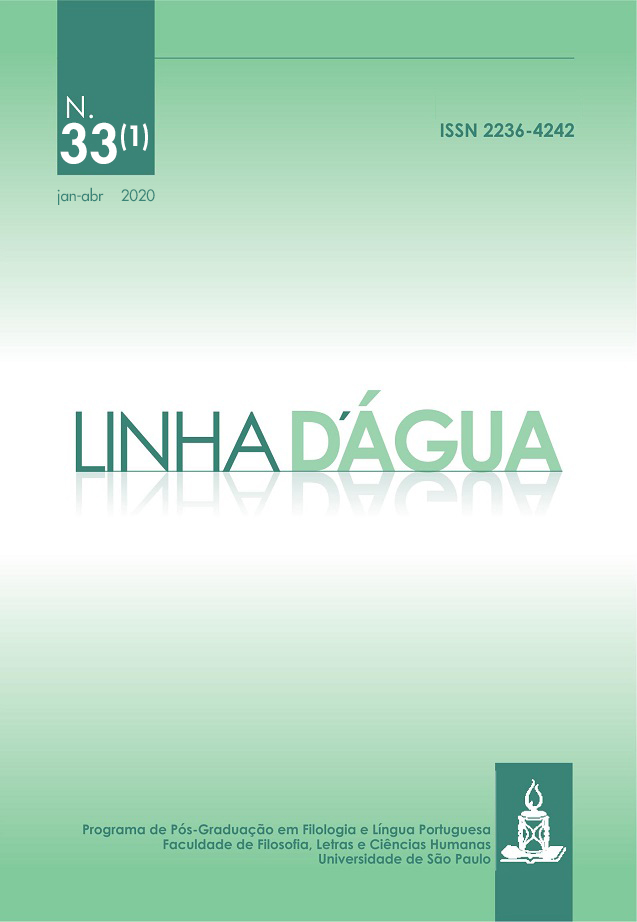The Terminology: a tool for pedagogical innovation in the european higher education
DOI:
https://doi.org/10.11606/issn.2236-4242.v33i1p167-185Keywords:
Terminological Competence, Applied Languages, Higher Education, Knowledge Society, CEFRAbstract
This article presents some reflections on the importance of Terminology as a theoretical framework, methodological tool and a vital resource in specialized multilingual training in the teaching of Applied Languages in Higher Education with a particular focus on the French High Education System. If we take into account the linguistic policy for the construction of the European Higher Education Area and the various contributions that Terminology has made since the 20th century not only to the specialized communication system, to the intelligent computer systems, but also to several professions (linguistic and cultural mediators, translators) and new needs (multilingualism and interculturality), we can see that the teaching (both theoretical and practical) of Terminology in university courses is becoming an essential element. The knowledge society cannot be achieved without terminological competence acquisition, which is traditionally manifested by the use of terminologies and specialized discourses in a variety of situations and in different contexts of communicative production/reception.
Downloads
Downloads
Published
Issue
Section
License
Copyright (c) 2020 Linha D'Água

This work is licensed under a Creative Commons Attribution-NonCommercial 4.0 International License.
The Editorial Board authorizes free access to and distribution of published contentes, provided that the source is cited, that is, granding credit to the authors and Linha D'Água and preserving the full text. The author is allowed to place the final version (postprint / editor’s PDF) in an institutional/thematic repositor or personal page (site, blog), immediately after publication, provided that it is available for open access and comes without any embargo period. Full reference should be made to the first publication in Linha D'Água. Access to the paper should at least be aligned with the access the journal offers.
As a legal entity, the University of São Paulo at Ribeirão Preto School of Philosophy, Sciences and Languages owns and holds the copyright deriving from the publication. To use the papers, Paidéia adopts the Creative Commons Licence, CC BY-NC non-commercial attribution. This licence permits access, download, print, share, reuse and distribution of papers, provided that this is for non-commercial use and that the source is cited, giving due authorship credit to Linha D'Água. In these cases, neither authors nor editors need any permission.
Partial reproduction of other publications
Citations of more than 500 words, reproductions of one or more figures, tables or other illustrions should be accompanied by written permission from the copyright owner of the original work with a view to reproduction in Linha D'Água. This permission has to be addressed to the author of the submitted manuscript. Secondarily obtained rights will not be transferred under any circumstance.










